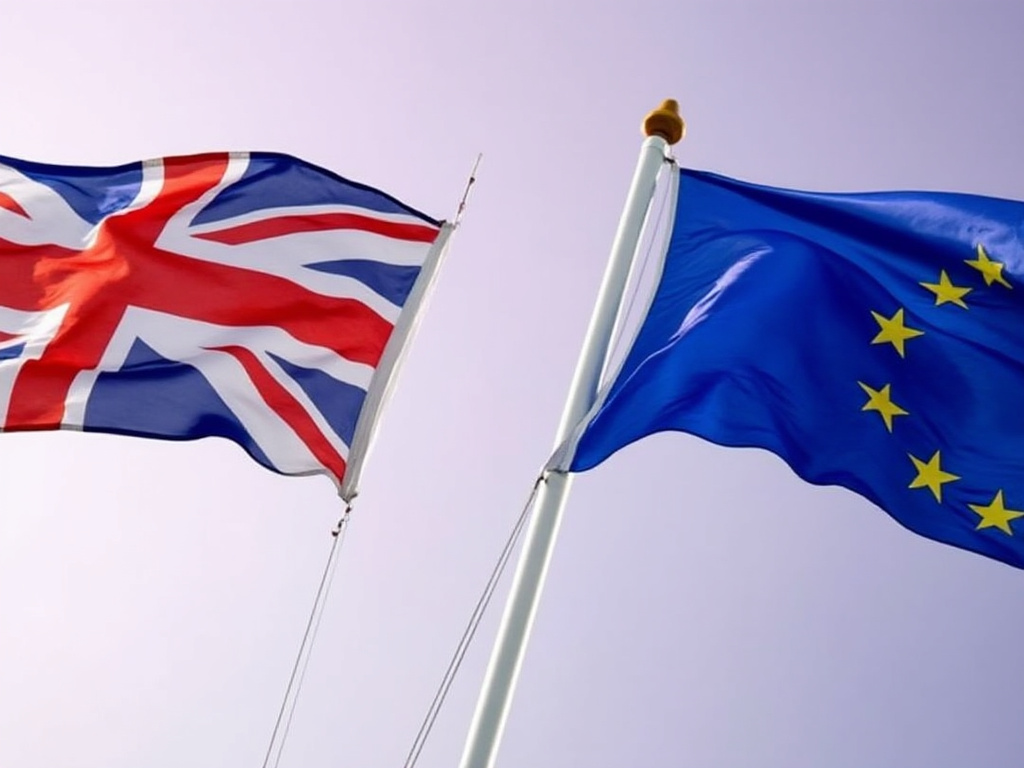New Delhi: In a significant display of its multifaceted foreign policy, India is simultaneously seeking a strategic recalibration of its relationship with China while solidifying a robust economic and security partnership with Japan. Prime Minister Narendra Modi is poised for key engagements this week that underscore India’s proactive stance on the global stage, aiming for stability and growth amidst evolving international dynamics.
Navigating the China Equation: A Diplomatic Reset
Prime Minister Modi is set to meet Chinese President Xi Jinping on the sidelines of the Shanghai Cooperation Organization (SCO) summit in Tianjin on August 31. This engagement marks Modi’s first visit to China in seven years, following the severe strain on bilateral ties after the 2020 Galwan Valley clashes. The upcoming meeting is widely viewed as an opportunity for a potential “strategic reset” in India-China relations. Modi has articulated India’s readiness to advance bilateral ties from a long-term perspective, emphasizing mutual respect, interest, and sensitivity. He highlighted that as two major economies, cooperation between India and China is crucial for bringing stability to the world economic order, particularly in the current volatile global economic scenario. Both nations have also agreed to resume direct flights and facilitate business and cultural exchanges, signalling a move towards de-escalation and dialogue, despite the persistent “border question” and other historical differences.
Japan’s Economic Powerhouse: A $68 Billion Investment Surge
In parallel, Prime Minister Modi’s recent visit to Tokyo culminated in a landmark pledge from Japan to invest $68 billion (approximately 10 trillion Yen) in India over the next decade. This substantial investment initiative, a significant increase from previous targets, will focus heavily on critical sectors such as semiconductors, Artificial Intelligence (AI), clean energy, and advanced technologies. The collaboration aims to bolster economic security, enhance supply chain resilience, and foster innovation between the two nations. Japanese Prime Minister Shigeru Ishiba expressed confidence that India’s vast market, coupled with Japanese technology, represents a winning combination that will drive growth for both economies. The pact also deepens cooperation in digitalization, with initiatives focused on AI and semiconductors, positioning India as a key hub for Japanese businesses looking to access global markets. Bilateral trade, already substantial, is expected to see further expansion.
Strengthening Strategic Alliances: Defense and Security Cooperation
The India-Japan partnership is also being significantly elevated in the defense and security spheres. A newly adopted Joint Declaration on Security Cooperation outlines a comprehensive framework to address contemporary security challenges, particularly in the Indo-Pacific region. This includes expanding the scope and complexity of bilateral military exercises, enhancing interoperability between the Indian Armed Forces and Japan’s Self-Defense Forces, and exploring joint development and co-production of advanced defense technologies. Both countries are committed to promoting a free, open, and rules-based Indo-Pacific, underscoring their shared vision for regional stability and prosperity. Cooperation is set to deepen across domains including maritime security, cyber defense, and counter-terrorism.
India’s Growing Global Footprint: Sports and National Security
Beyond diplomatic and economic maneuvers, India is also asserting its capability to host major international events. The Union Cabinet recently approved India’s bid to host the 2030 Commonwealth Games in Ahmedabad. Leveraging the city’s world-class infrastructure and sporting facilities, this bid aligns with India’s broader ambition to position itself as a premier global sporting destination, even eyeing a bid for the 2036 Olympic Games. On the national security front, India is advancing its defense modernization with initiatives like “Mission Sudarshan Chakra.” This ambitious, indigenous program aims to establish a comprehensive, multi-layered aerial defense shield by 2035, integrating advanced surveillance, cyber protection, and precision strike capabilities to safeguard the nation’s critical assets. This initiative reflects India’s commitment to self-reliance in defense technology.
A Multipolar Vision
These concurrent developments highlight India’s dynamic foreign policy approach. By seeking a structured dialogue with China while deepening strategic ties with Japan, India is actively shaping its geopolitical and economic future. The nation is leveraging its growing economic prowess and strategic autonomy to navigate complex global challenges, pursuing stability, prosperity, and enhanced security through a network of robust partnerships. The coming weeks will be crucial in observing the outcomes of these significant diplomatic and economic endeavors, setting the stage for India’s role in a rapidly changing world.














